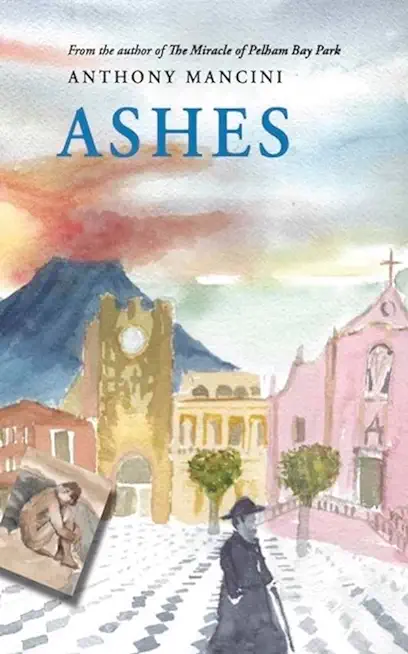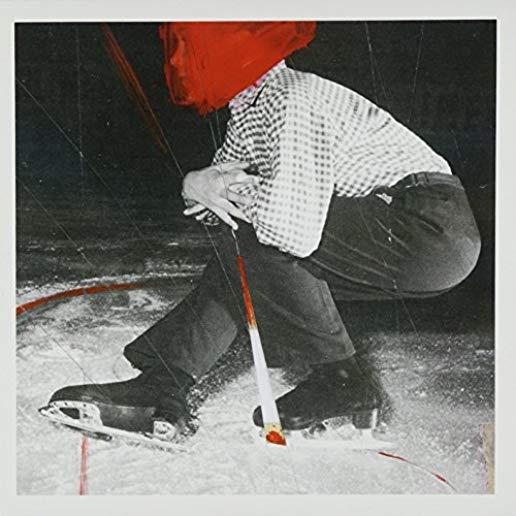
To Anthony Mancini, "there's no such thing as "a lapsed Catholic". Mancini doesn't attend Mass or make confession. But does believe that "the lessons imparted when Sister Mary Europe-and-Asia boxed my ears or Father Hooligan whitewashed my sins (Did you entertain impure thoughts, my son?) are etched indelibly on my core."
So when "headlines blared about priestly child abuse it was only natural to ask: If God formed us in his image why did he give some men a propensity for sex with young boys?"
In Ashes, Mancini, former journalist with the NY Post, director of the journalistic writing program at Brooklyn College for twenty-five years and author of nine novels on subjects ranging from the exile of Napoleon to the adventures of a crime solving grandma in Little Italy, creates a character torn by the struggle of desire, for the pleasures of the flesh, with deferral, a life of piety and sacrifice in hope for moments of peace to come.
Father Anton Weiss has been a priest for forty years. An obedient, hard-working servant of the church, but tormented all the while by a sensual interest in young men, a persistent memory of his infatuation with a boyhood friend.
He begins his retirement in Taormina, an ancient Sicilian city, formerly a seventh century naval town, then a favored resort for Greek and Roman conquerors and foreign monarchs, now a haven for European and American artistes, writers and wealthy gay men. He is surprised to see that the city is open and tolerant of all forms of behavior. His host, a young priest, has a relationship with the female caretaker. The church forbids mysticism, but she is famous for pagan powers that predate Christianity: her ability to predict the future. The locals, workers, shopkeepers, elderly women who attend mass every morning, think nothing of the blasphemic violations of their priestly household. The young boys in the streets offering themselves to the wealthy gay tourists are sinning to finance their marriages so they can create families and live respectable lives. The gay couples are in shameless and, at times, tragic pursuit.
It is here that Father Weiss meets a boy and is challenged by temptations. Here that he ponders the questions of his faith.
We follow Father Weiss in his quest. Suffer his pains and doubts. Hope he will find peace.
But Anthony Mancini has put him in a world in which there are no easy answers.







